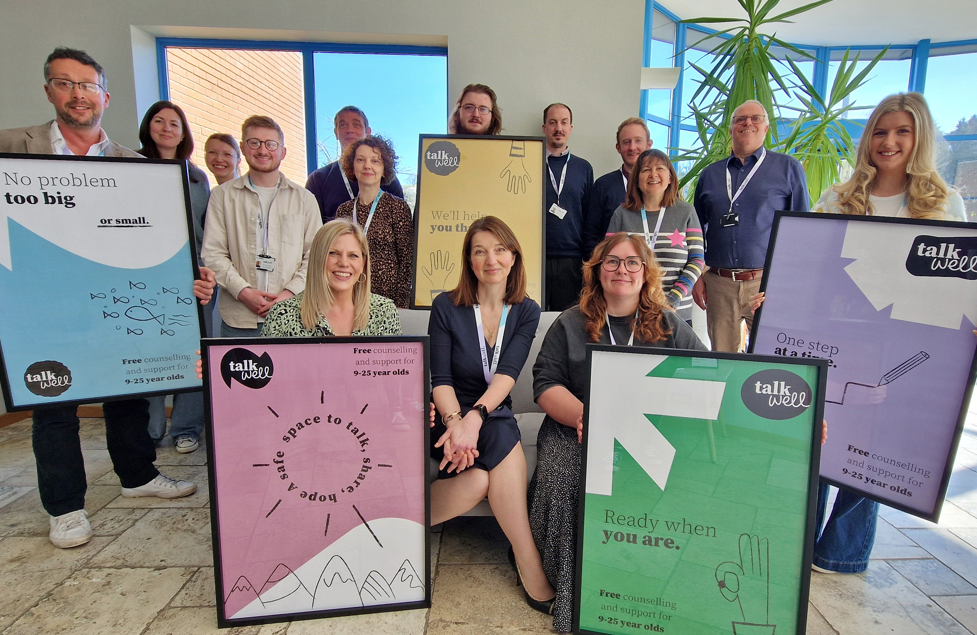Senior charity staff, including directors and managers, are the group of workers in the sector most often cited as playing “a significant role in acts of racism”, a survey of global majority workers in the sector has revealed.
The survey of more than 130 global majority charity workers found that more than three quarters have experienced or witnessed racism in the sector in the last five years. A similar proportion believe that “mainstream civil society has a racism problem”.
When asked who is committing acts of racism, “respondents most often named senior staff” rather than “more junior staff”.
“The origin of the racist disrespect, exclusion and scrutiny was always senior management peers or chief executive level,” said one respondent.
“Eventually, more public humiliations or briefing against me led to my own direct reports knowing they could undermine and bypass me.”
Another describes how they were “infantalised” and “over-scrutinised” when promoted into a management level role.
“After expressing I wanted to return to my former officer role, I was offered support but I believe this was more to save face since many BME (Black minority ethnic) colleagues had left in recent months.”
The most frequently mentioned form of racism by respondents is “ignorant and insensitive questioning about culture or religion”.
Another is "being treated as an intellectual inferior and then being harshly scrutinised by colleagues, including being given unfair performance assessments”, according to the survey, which has been carried out by ACEVO and Voice4Change England.
It results from a survey of over 130 Black and Minoritised Ethnic people working in mainstream civil society. Its findings will help shape the programme’s work to build a sector that takes meaningful action on anti-racism and race equity pic.twitter.com/Tkg0jIA6lA
— ACEVO (@ACEVO) December 4, 2023
The survey found that almost three in five respondents “doubt the commitment” of charity sector leaders “to combat racism effectively”.
In their conclusion to the survey findings ACEO and Voice4Change England said that it is “hard to argue” with one respondent who said “behind all the talk and rhetoric, nothing much seems to change”.
More than two in five believe that interest on tackling racism in their organisation “will fade”, the survey also found.
But just under two thirds are “hopeful” that progress will be made in their charity to be anti-racist and around race equality.
Without “hard and uncomfortable” work by charity leaders “warm words will count for little”, ACEVO and Voice4Change England warn.
Last month research by NCVO found that one in five disabled global majority volunteers feel excluded.
This also found that only 69% of global majority volunteers say they are likely to continue volunteering over the next 12 months, compared to 77% of volunteers overall.













Recent Stories